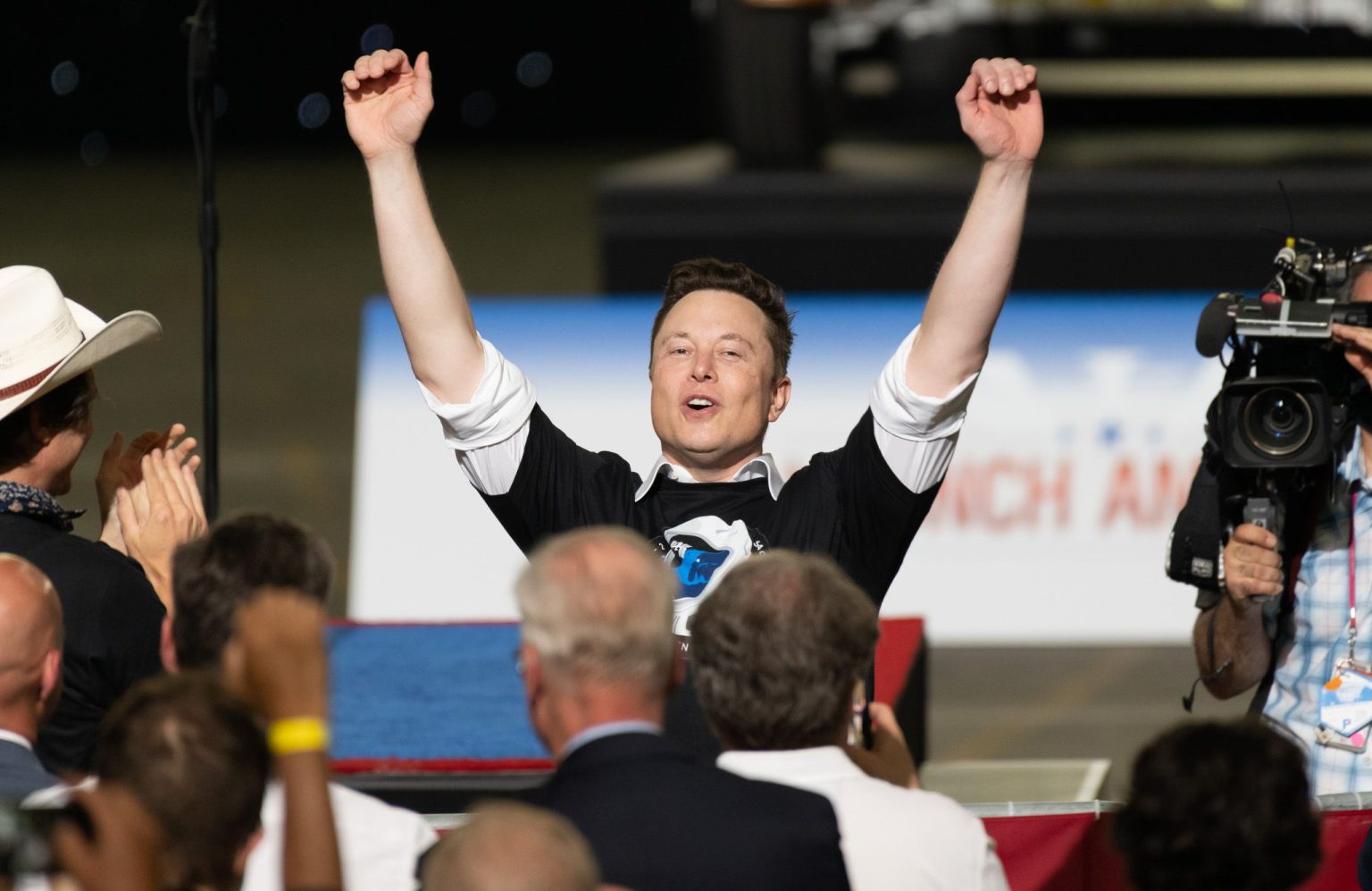Elon Musk’s xAI Expands to Seattle, Challenging Tech Giants on Their Home Turf
In a strategic move that’s sending ripples through the Pacific Northwest’s tech ecosystem, Elon Musk’s artificial intelligence startup xAI has announced plans to establish an engineering hub in Seattle. The expansion, revealed through a post on Musk’s X social media platform, signals the company’s ambitions to tap into the region’s rich talent pool that has long served tech behemoths like Microsoft and Amazon. Job listings for the new office already showcase the company’s aggressive recruitment approach, with eye-catching salary ranges between $180,000 and $440,000 annually for specialized roles on their image/video generation and GPU kernel teams. This move represents not just a geographical expansion but a direct challenge to the established AI players in what has become one of America’s most concentrated tech corridors.
The Seattle expansion comes with an intriguing backdrop of Musk’s complex relationship with Microsoft, adding a layer of competitive drama to the announcement. Despite reportedly interning at Microsoft early in his career, Musk has positioned himself as something of an adversary to the tech giant, going so far as to file a lawsuit against both Microsoft and OpenAI, alleging they’ve created an anti-competitive AI monopoly. Yet in a twist that exemplifies the often contradictory nature of tech industry relationships, Microsoft remains one of xAI’s key partners, with CEO Satya Nadella and Musk announcing just months ago that Microsoft’s Azure cloud would host xAI’s Grok models. This partnership gives xAI a crucial pipeline to enterprise customers while simultaneously allowing Musk to maintain his position as an industry disruptor and critic of Big Tech’s approach to AI development.
Founded in 2023 with the ambitious mission of “understanding the true nature of the universe,” xAI represents Musk’s direct challenge to OpenAI, the company he helped create but later departed from amid philosophical disagreements about AI’s development trajectory. Based primarily in Silicon Valley until now, xAI has quickly made a name for itself with Grok, a chatbot that distinguishes itself by incorporating real-time data from X (formerly Twitter), another Musk-owned platform. While specific details about the Seattle office’s location, size, and staffing targets remain undisclosed, the move follows a familiar playbook for Silicon Valley companies seeking to capitalize on Seattle’s technical expertise. The region has historically served as fertile ground for engineering outposts of major tech companies, though this trend had somewhat slowed in the post-pandemic landscape before this recent AI boom renewed interest.
Seattle’s allure for AI companies isn’t coincidental – the region has cultivated a deep pool of engineering talent particularly skilled in cloud computing, machine learning, and large-scale systems, largely thanks to the long-standing presence of Amazon and Microsoft. xAI now joins other prominent AI startups that have established significant presences in the area, including OpenAI itself, which recently acquired Bellevue-based Statsig for $1.1 billion, and Anthropic, maker of the Claude chatbot and a close partner of Amazon. This clustering of AI innovation creates both competitive challenges and collaborative opportunities, as these companies vie for the same specialized talent while potentially benefiting from the knowledge spillover that such technology hubs naturally generate. The salary ranges advertised by xAI suggest Musk is prepared to compete aggressively for top talent, potentially triggering compensation adjustments across the local AI ecosystem.
For Musk, the Seattle region represents familiar territory beyond just its tech credentials. His aerospace company SpaceX already operates a substantial facility in nearby Redmond, which serves as the primary development center for the Starlink satellite internet service. This existing footprint may provide xAI with operational advantages and potential cross-pollination of talent and ideas between Musk’s various enterprises. The billionaire entrepreneur has consistently demonstrated a preference for building ecosystems of complementary businesses, with SpaceX, Tesla, X, Neuralink, and now xAI all pursuing different aspects of his futuristic vision while maintaining distinct operational identities. This Seattle expansion for xAI fits neatly into this broader strategy of establishing presence in key innovation centers while leveraging existing infrastructure and relationships.
As xAI plants its flag in Seattle, the move represents more than just another tech office opening – it’s a significant marker in the increasingly competitive race for AI dominance. Musk, with his characteristic blend of competitive aggression and visionary rhetoric, appears determined to challenge the AI establishment on multiple fronts: technological, philosophical, and now geographical. By establishing a presence in Microsoft and Amazon’s backyard, xAI gains proximity to not only potential talent but also to the strategic thinking and development pathways of its competitors. While the specific impact of this expansion remains to be seen, it underscores the growing importance of artificial intelligence in the technology landscape and highlights how the competition for AI supremacy is intensifying across traditional Silicon Valley boundaries into established tech hubs nationwide. Seattle’s tech community, already accustomed to the presence of industry giants, will now also host one of Musk’s most ambitious ventures as it attempts to reshape our relationship with artificial intelligence.


